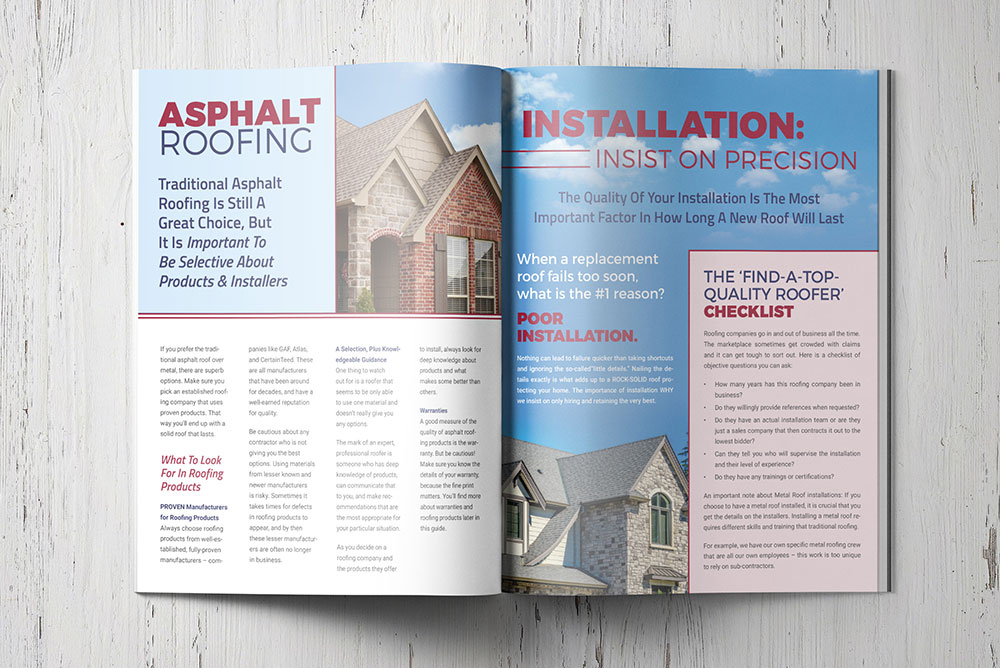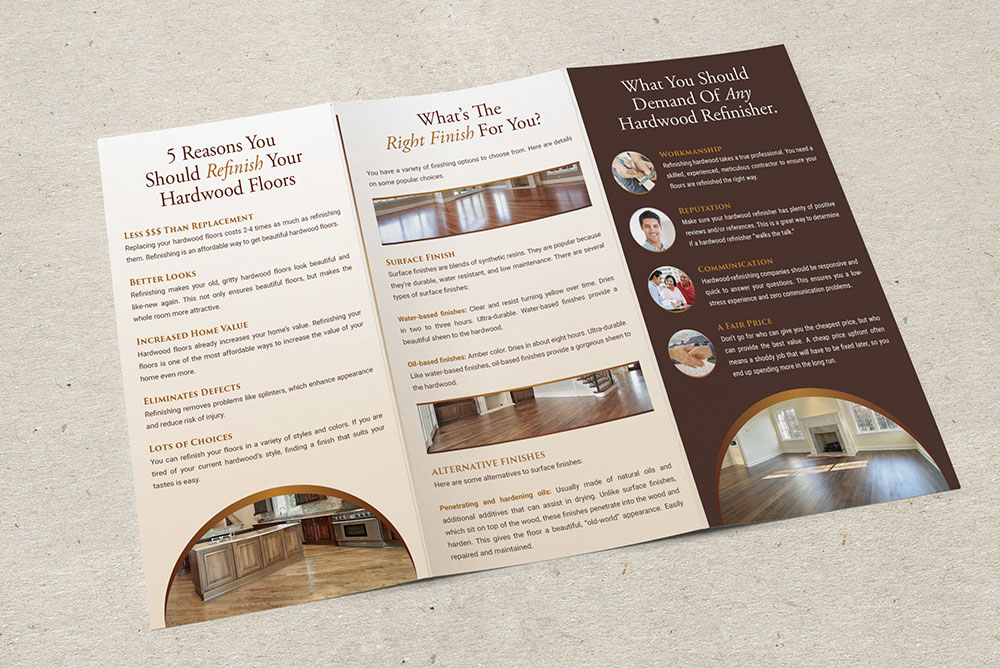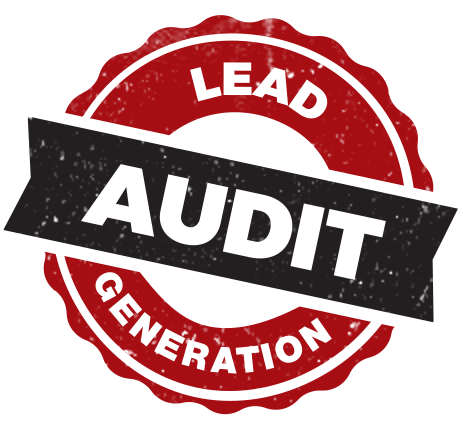
Your About Us page is one of the most important pages on your website.
It’s one of the first pages visitors click on. And it’s one of the pages visitors click on MOST.
Studies show that…
- People are five times more likely to buy from a company when they visit the company’s About Us page.
- Folks who visit the About Us page spent 22.5% more on their purchases.
- The better the About Us page is, the more these figures increase.
- The WORSE the About Us page is, the more conversions decreased. From the study: “On sites with weak About Us pages, visitors dropped off like flies after seeing the About Us page. It was as if the pages were so horrible that customers were scared off.”
I know… this is information you probably don’t want to hear.
For most companies (not just contractors), the About Us page is the hardest page of a website to write.
Sure… you could write enough about your services to make the 1,090,739-word Harry Potter series look like your kid’s favorite picture book.
But when a company has to sit down and write about their history and, well… THEMSELVES?
They come down with a case of writer’s block the size of Rhode Island.
As a result, almost all businesses end up writing an About Us page that’s boring, clichéd, and literally repels potential prospects.
For proof, here are a couple snippets of bad About Us pages I randomly found with an internet search, along with my comments…
Example 1
“I want to take a few seconds to tell you a little about (ABC) Roofing and why you can count on us every time to do a good job. We have been servicing the Metroplex for seventeen years and have established a quality reputation in the DFW Metroplex.”
We appreciate your interest in our company and thank you for the opportunity to submit our proposal for your roofing project. We understand your home is possibly your most valuable investment and we want to assure you that we treat it accordingly.”
My commentary: What a snoozer. It’s like the company bought Mad Libs for Contractor About Pages and filled in the blanks. “Quality reputation.” “Your home is your most valuable investment.” “We appreciate your interest.” It’s all just so… blah.
—
Example 2
“For thirty years the management team at (XYZ) Windows, has been involved in the fenestration industry. Their vast experience covers all phases of the window industry including building our own window systems (which we’ve been doing since 2001) to consulting, installation, and after-care service.
Today we offer to the public TRUE factory direct value. We build a wide variety of products from the most affordable line to our most feature-rich energy-efficient product system. All designed to ‘keep out heat, cold, and noise.’”
My commentary: This starts off in the third person and unexpectedly shifts to first person. NEVER do that. It’s confusing to readers. And “fenestration industry”? Excuse me, but… hahahahaha! This is a case in which a company tries to sound professional but comes across as Pretentious. Yes, with a capital “P.”
—
People, we can do better.
Your “About Us” page represents a fantastic opportunity to HUMANIZE your company. Tell your prospects what kind of people you really are… so they can connect with you on a HUMAN level.
Nobody wants to read a truncated history of your company (“We started in 1984…”), a rehashing of all the crap you sell, or a bunch of platitudes about your dedication to customers and service.
Here’s a better way: Tell a story.
Make it a personal story.
A story that illustrates why you operate the way you do.
A story that shows how your mentality and philosophy were molded.
A story that helps people know and love the real you.
Let me show you some examples:
- A killer About Us story for a replacement window company in Phoenix
- This one is about a New York Luxury Bathroom and Kitchen Remodeling Company
- An ‘About Page’ about a Twin Cities area Replacement Window Company
As you read some of these examples, you might be tempted to think that there is “too much text” and that “nobody is going to read all that.”
Newsflash: You’re wrong.
The people reading your About Us page are potentially pay you tens of thousands of dollars in their hard-earned money. They are ACTIVELY looking for reasons to hire you. And if your About Us page is engaging and well written, they’ll eat up every morsel of info you provide.
Let’s take Freelite’s About Us page that I linked to above. I interviewed the owner, Chip Marvin, to get a feel for him and his company. Here is what I discovered:
- He’s a genuinely nice guy who cares about others.
- He’s soft-spoken and the type that wouldn’t hurt a fly.
- He has a strong aversion to pushy sales techniques.
- He’s passionate about helping customers make the right choices for their situations.
So I started asking him about his background: How did he start this business? Why is he so put off by sales pressure? What was he like growing up? What did he want to be when he grew up? How do people react to his easy-going personality in a sales situation?
What I discovered didn’t surprise me. It turns out Chip had a religious-studies degree from Yale. When he moves to Tucson, AZ in the 1970s, he had zero business experience—but he was looking for opportunity.
So I came up with the following headline for Freelite’s About Us page:
“If ‘Type A’ Personality Means Somebody Is Driven, Aggressive, And Forceful, You Might Say That My Personality Is ‘Type Z.’”
It’s not going to get much better—or much more engaging—than that.
To recap, here’s how to write a powerful About Us page people will actually read:
- Tell a story.
- Make it a personal story.
- Illustrate why you operate the way you do.
- Show how your mentality and philosophy were molded.
- Ditch the clichéd and robotic “We’ve been in business since 1985 and have a quality reputation” approach that’s been done to death and back.
- Never, ever use the word “fenestration” to describe your services. 😉
Yep… if you’re a non-marketing expert, creating a world-class About Us page can be ridiculously hard. Like trying to craft Hemingway prose if the last paper you wrote was Senior year in college. writing a thesis on quantum physics if you’re science education ends at Biology 101.
So if you need help with crafting powerful copy for your website, get in touch.
Give us a call at (817) 416-4333. Or, use the live chat box in the lower right-hand corner to talk to someone about your marketing needs right now.











